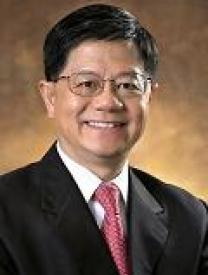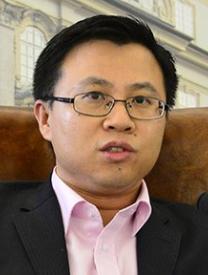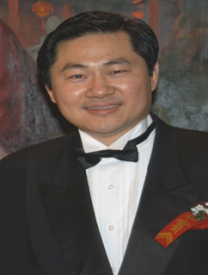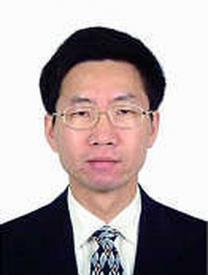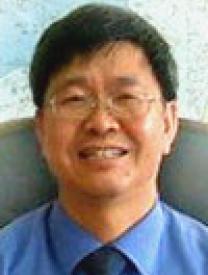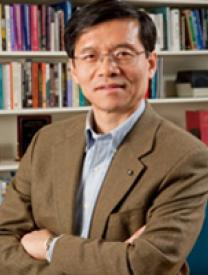Each year, the CSCC invites leading experts to Penn to present their research and share their knowledge about contemporary China. Typically scheduled for Wednesday afternoons 4:30-6 pm, speakers will deliver their remarks and then entertain questions from the audience. Attendance is open to the entire Penn community. Announcements about upcoming talks will be posted on the CSCC website and disseminated via the Center’s listserv. To be added to the listserv, please visit our signup page https://groups.sas.upenn.edu/mailman/listinfo/cscc-announce.
Past Speaker Series
What happens in the wombs under the dome? Air pollution in China and fetal development and birth outcomes
Dr. Zhao Qingguo, Guangdong Women and Children Hospital and Guangzhou Medical University
Qingguo Zhao is the Vice President of Guangdong Women and Children Hospital, in Guangdong Province, South China, and Professor in Guangzhou Medical University. His general research interest is in women's and children…
Anti-Corruption Reforms and Shareholder Valuations: Event Study Evidence from China
Bernie Yeung, Stephen Raidy Distinguished Professor of Finance and Strategic Management, National University of Singapore Business School
Chinese share prices rose sharply on the Politburo’s Dec. 4th 2012 announcement of its Eight-point Regulation, an uncharacteristically detailed and concrete Party policy, initiating an extensive anti-corruption…
Is China trying to push the U.S. out of East Asia?
Wang Dong, Associate Professor of International Relations, Peking University
Is China trying to push the United States out of East Asia and build a China-dominated regional order? The answer to this question will to a great extent determine whether or not the future trajectory of the…
China Outbound Business: Opportunities and Challenges
Dr. Wang Huiyao, Founder and President, Center for China & Globalization
With China’s newly launched "One Belt and one Road" strategic policy approach and the upcoming 13th Five-Year Planning period, the globalization of Chinese enterprises will have rapid growth. What types of…
U.S., China, and East Asian Regionalism: Is the Pacific Wide Enough?
Shiping Tang, Professor at the School of International Relations and Public Affairs, Fudan University, Shanghai, China
A gap within the existing literature on regionalism is that it has yet to bring together intra- and inter- regional bargaining. By this, we mean that regional initiatives operate in the shadow of extra-regional…
The South China Sea Dispute in the Philippines v. PRC Arbitration: Taiwan’s Concern and Response
Yann-Huei Song, Academia Sinica
The arbitration tribunal in the Philippines vs. PRC dispute over the South China Sea is likely to issue its final award later this year. The issues before the tribunal include China’s claim to historic rights, the 9…
China's Authoritarian Legality
Mary Gallagher, Associate Professor of Political Science, Director of the Kenneth G. Lieberthal and Richard H. Rogel Center for Chinese Studies, University of Michigan
Over the past decade the Chinese government has passed some of the most protective labor and employment laws in the world and begun a massive urbanization scheme allowing rural migrant workers to gain urban residency…
Income and Wealth Inequality in China
Yu Xie, Bert G. Kerstetter '66 University Professor of Sociology and PIIRS, Princeton University
In this presentation, Professor Xie reviews results from his research program on income and wealth inequality in contemporary China, drawing on newly available survey data collected by several Chinese university…
Post-socialist urban marriages: (Re)verticalization of family loyalties in urban Shanghai
Deborah Davis, Professor of Sociology, Yale University
Reading: Davis, Deborah S. (2014). "…
Renminbi internationalization—and regulation—and what it means for Western financial markets
Chris Brummer, Professor and Director, Institute of International Economic Law, Georgetown University
Chris Brummer is a visiting professor at Penn Law this semester where he teaches a course on international financial regulation. He is also the Director of the Institute of International Economic…

